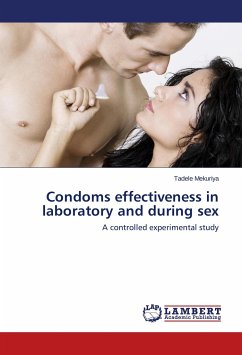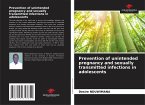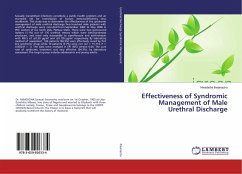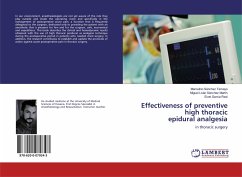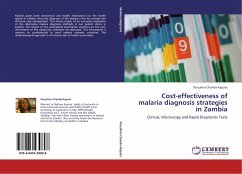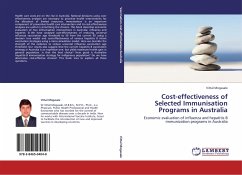The effectiveness of condoms is very important issue as the integrity of the polymers from which condoms are made can be easily degraded with chemical reactions during storage. Moreover, condoms may be easily fragile if inappropriately used; especially during non-vaginal sex. Therefore, identifying the factors that damage condoms scientifically and using condoms appropriately should be universally practiced to minimize the adverse outcomes during condoms uses worldwide. Systems to track condoms failure in field conditions and correlate these with laboratory measures of quality should be developed. One way to slow the aging process of condoms and to ensure product stability is to increase attention to packaging. Condom use opponents, however, have manipulated the findings of flawed laboratory tests to create public doubt about the condom's effectiveness against HIV. For example, one study erroneously concluded that latex condoms leak HIV virus. Consumers and service providers alike continue to lack confidence in condom's ability to prevent pregnancy and disease. Therefore, knowing and implementing the cautions to protect condoms from these factors is very crucial.
Bitte wählen Sie Ihr Anliegen aus.
Rechnungen
Retourenschein anfordern
Bestellstatus
Storno

